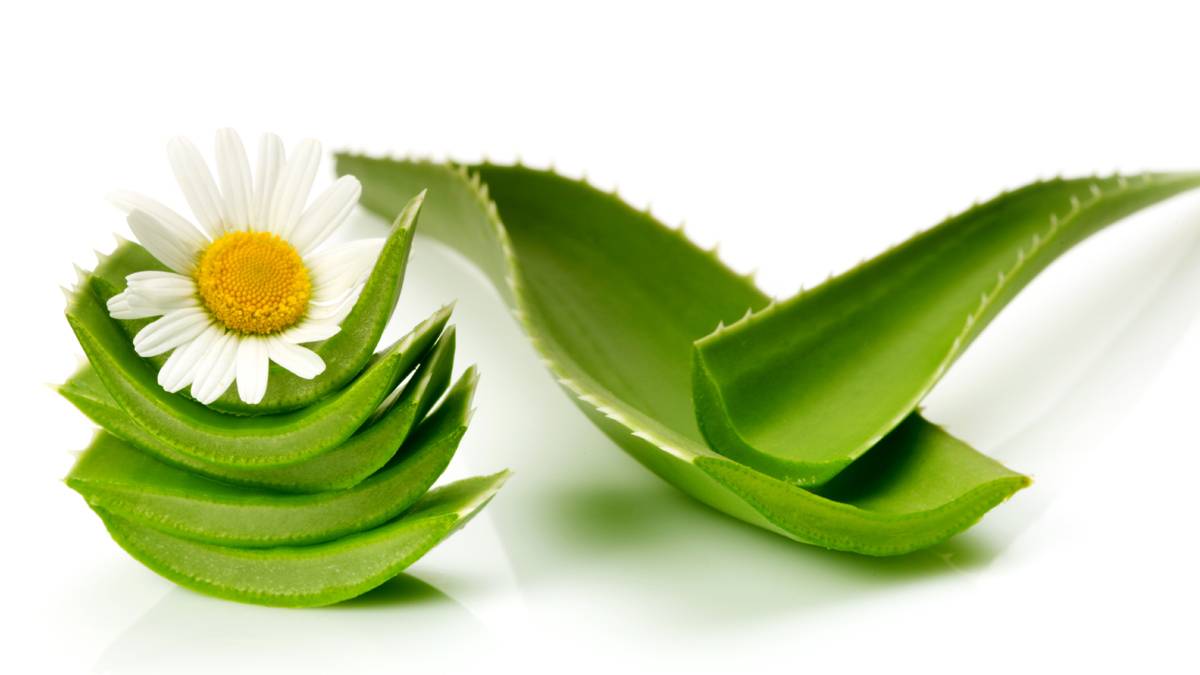As the summer sun begins to heat up in South Carolina and humidity rolls in from the coast, expanses of green plants begin to crawl out of hiding – and so do skin issues of summer’s past. Indigenous people have relied on the innate healing properties of plants for centuries, and many of the essential medicines we associate with modern day medicine have derived from plants. While being grateful for the contemporary remedies of today, it can be beneficial for some treatment and prevention measures to use raw plants and incorporate components of them into our routines. Check out some of the natural remedies that are native to areas of South Carolina – and that you can use to soothe your skin ailments this summer.
“Jewelweed” of my eye.
Jewelweed is a common field treatment that can be used to soothe rashes. If you’re on a hiking trail and making enemies with stinging nettles or poison ivy, crush up some jewelweed to express the sap inside the stem and rub it on the affected site to alleviate itching and burning.
Say “Aloe” to aloe vera.
Commonly used to alleviate sunburn, the cactus-like plant also is effective in preventing wrinkles, stretch marks and pigmentation and seems to speed healing by improving blood circulation and warding off cell death around a wound. Break open a leaf’s rind to release the gel, rich with enzymes, antioxidants and vitamins A and C, and smear liberally.
Nothing seedy about hemp seed oil.
Often represented by the relaxation effects of its extraction, CBD, this oil, derived from the seeds of the hemp plant, has a similar soothing effect on the skin. Rich in fatty acids, it helps the skin retain moisture and can hydrate areas irritated by eczema or other inflammatory skin conditions. Its additional anti-inflammatory and antimicrobial properties can improve acne scars and UV damage and strengthen the skin’s natural barrier.
Fresh rosemary for fresher skin.
While delicious for baking something nourishing and savory, rosemary is also a delicious plant for nourishing the skin. The antioxidant effects of caffeic acid and rosmarinic acid are effective in preventing cutaneous photodamage, which is associated with skin cancer. Rosemary also has been effective in lightening dark spots and acne scars, reducing skin puffiness and wrinkling and has proven to be effective against bacterium causing acne. Rosemary can be added to a carrier oil such as coconut oil or into other moisturizing creams.
Put some purslane in your purse.
This herb, home to many sidewalk cracks and untouched garden beds, has natural cooling properties capable of soothing skin, relieving inflammation and reducing rashes. Purslane extracts and concoctions of crushed leaves mixed with oil, which is common in Ghana for treating boils, is as effective as an antibacterial and antifungal. A poultice of the plant or a form of the released juice is commonly applied externally to a range of skin ailments, from insect stings to itching skin to skin sores.
Source: National Library of Medicine.
By Molly Sherman
